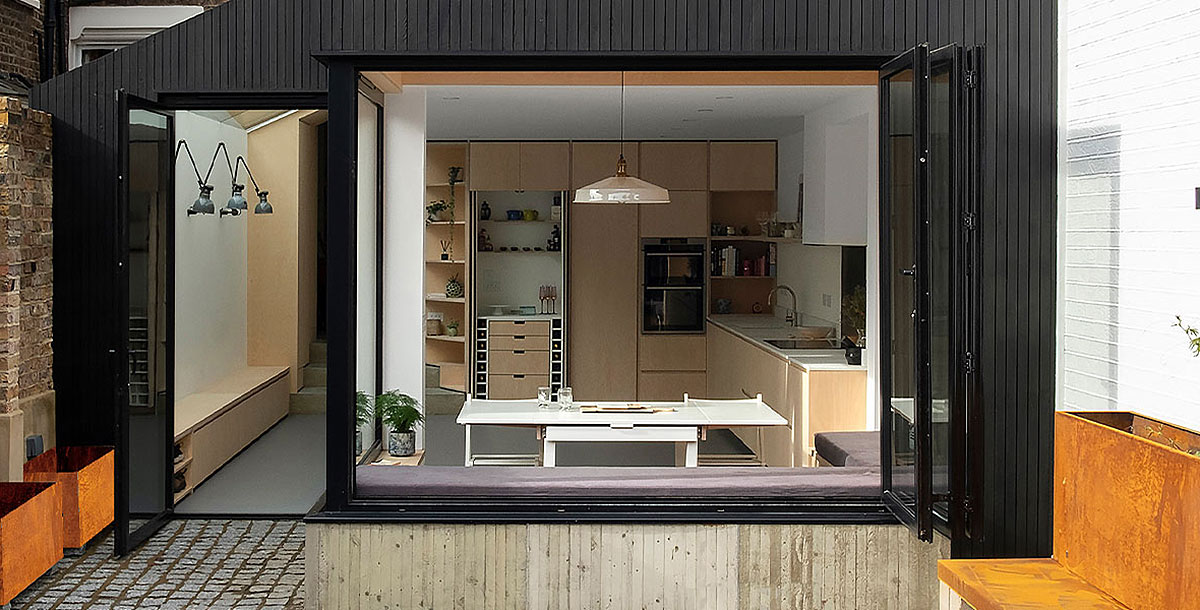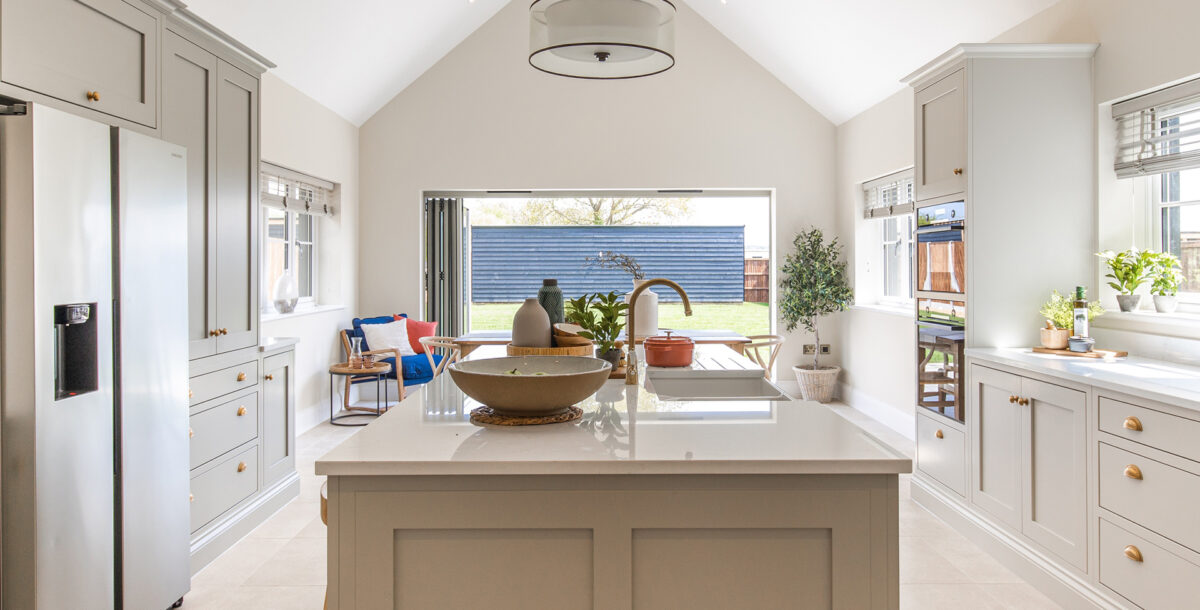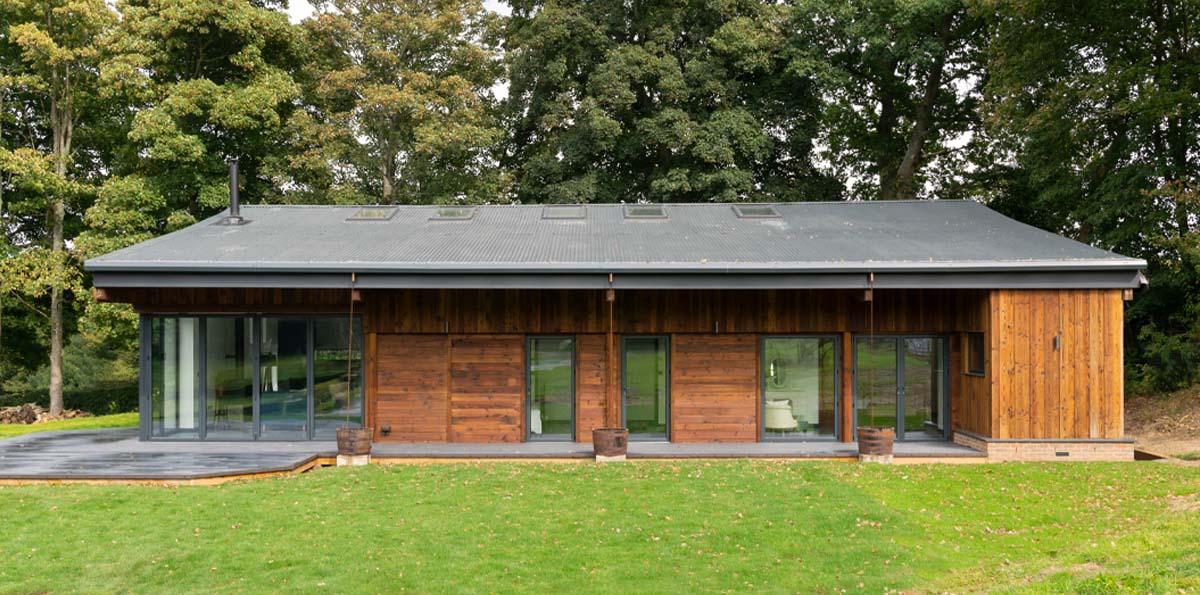How to pay for a home extension
Considering a home extension but still working out the figures?
Extending your property can add significant value while enabling a better quality of life for you and your family. But how do people fund their home extensions? How do you calculate your home extension cost?
There are a few options available when it comes to funding your home improvement and maximising your budget for your Grand Design. We asked the property advice gurus at HomeOwners Alliance for advice on financing your home extension.
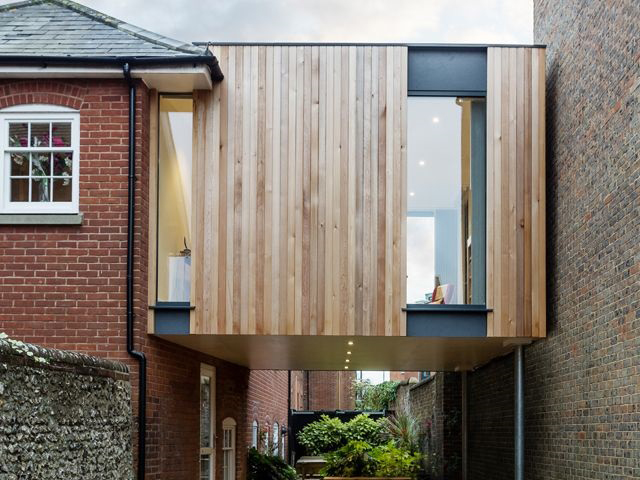
Photo: Adam Knibb Architects
Use savings
With interest rates so low, you may feel that investing your savings in your home makes sense and avoids any additional borrowing. If you are looking for a return on your investment, choose your project carefully.
For example, HomeOwners Alliance’s recent research with the Federation of Master Builders and The Guild of Property Professionals found that removing an internal wall to create an open plan kitchen and diner was the best way to add value to your home.
A 0% credit card
If your project is quite modest then a credit card is also an option. Look for a 0% purchase deal which will give you a fixed period to repay the balance without paying any interest. This has the added bonus of letting you spread the costs of your project over one or two years.
Remember that when the deal ends after the fixed period, you would need to either have cleared the balance or consider switching to another 0% deal to avoid paying interest on the outstanding amount. If you miss a payment, for whatever reason, you could lose your 0% deal.
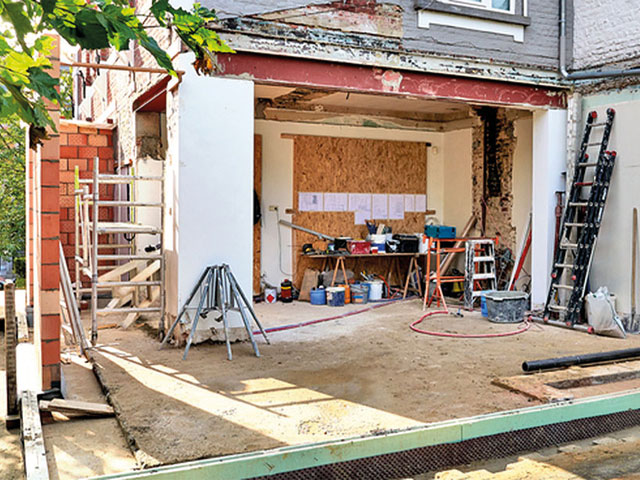
Photo: The Homeowners Alliance
Remortgage
A popular option for paying for major home improvement projects is to increase your mortgage. If you have equity in your home, then by borrowing more on your mortgage you can free up cash to pay for your project. Mortgage funding will usually offer the cheapest rates when compared to loans and credit cards, but you will be extending your borrowing and the amount you will be paying for years to come so it’s important to work out the full costs.
Use the opportunity of remortgaging to shop around and check you are on the best mortgage deal — switching mortgages can save you money and help reduce the impact of a bigger mortgage. Speak to a fee-free mortgage broker to check what deals are available. They will highlight any fees and penalties of switching mortgage and help find the best deal for you.
It’s worth looking at each of the options above, costing them up and considering the pros and cons, now and over the next few years, as well as seeking expert independent financial advice before you proceed.

